Are you struggling to figure out the perfect water intake while taking creatine? You’re not alone! Many fitness enthusiasts find themselves in a puddle of confusion regarding hydration and creatine supplementation.
Creatine is a popular supplement known for its performance-enhancing benefits, but it also has a reputation for increasing water retention in muscles. Many wonder, “How much water should I be drinking?” Balancing your hydration while taking creatine isn’t just about quenching your thirst—it’s about optimizing your workout results and maintaining your overall health.
In this article, I will dive deep into the world of creatine and hydration, exploring everything from recommended water intake to monitoring your hydration status. I will help you navigate the seas of conflicting information and emerge with a clear understanding of how to make the most of your creatine supplementation through proper hydration. Get ready to unlock the secrets to enhanced performance and muscle gains!
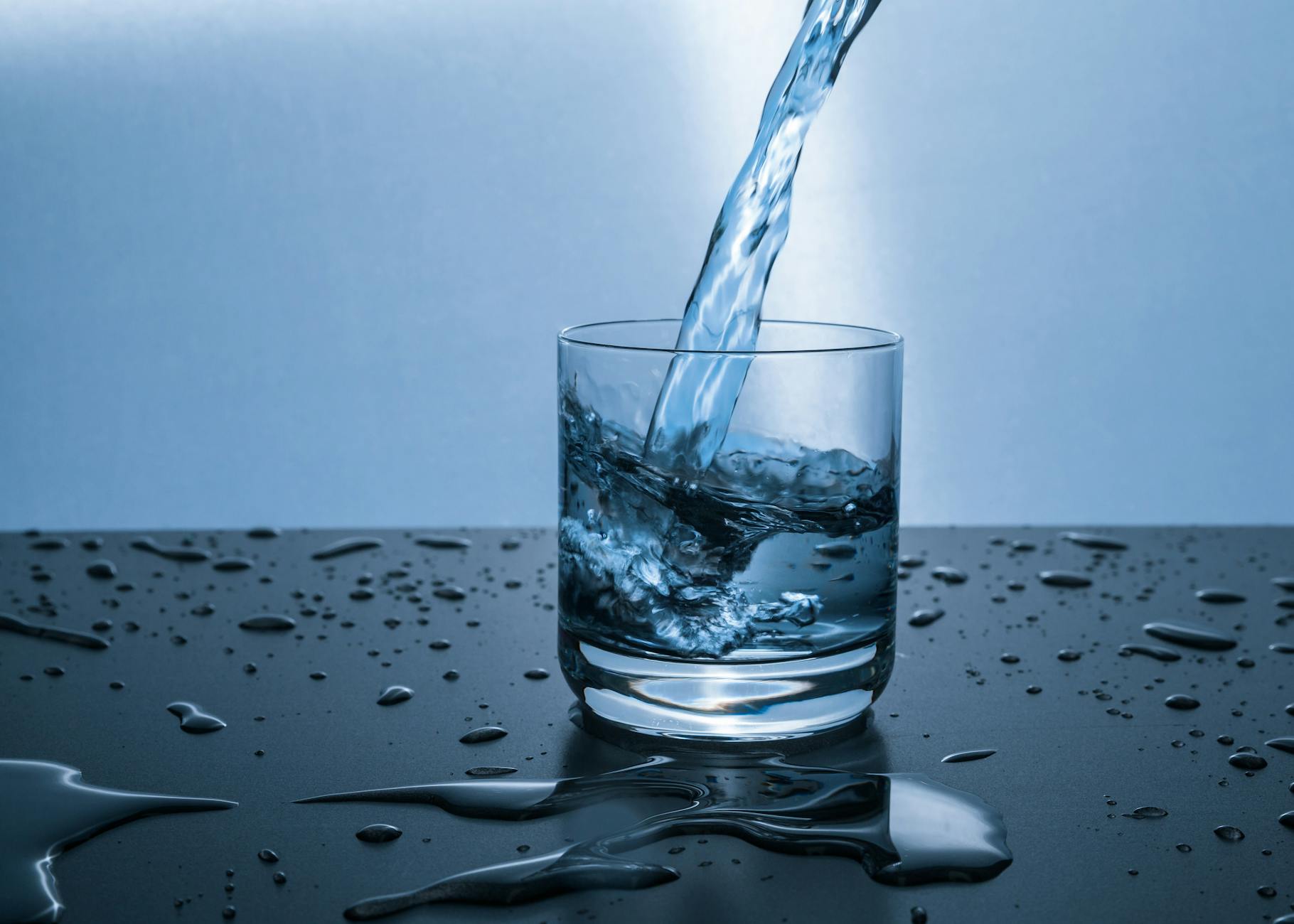
Understanding Creatine and Hydration
What is creatine and how does it work?
Creatine is a naturally occurring compound found in muscle cells that plays a crucial role in energy production during high-intensity, short-duration activities. When supplemented, creatine increases the body’s phosphocreatine stores, which helps regenerate ATP (adenosine triphosphate), the primary energy currency of cells.
Why water intake matters when taking creatine
Water intake is essential when taking creatine for several reasons:
- Cellular absorption.
- Muscle volumization.
- Preventing dehydration.
- Optimizing performance.
| Reason | Explanation |
|---|---|
| Cellular absorption | Adequate hydration helps transport creatine into muscle cells. |
| Muscle volumization | Creatine draws water into muscles, increasing their size and strength. |
| Preventing dehydration | Creatine can increase water retention in muscles, requiring additional fluid intake. |
| Optimizing performance | Proper hydration enhances the benefits of creatine supplementation. |
Potential side effects of dehydration while using creatine
Failing to maintain proper hydration while taking creatine can lead to various side effects:
- Muscle cramps.
- Gastrointestinal discomfort.
- Reduced exercise performance.
- Increased risk of heat-related illnesses.
- Kidney stress.
Adequate water intake is crucial to mitigate these risks and maximize the benefits of creatine supplementation. As we explore the recommended water intake for creatine users in the next section, remember the importance of staying well-hydrated to support your fitness goals and overall health.
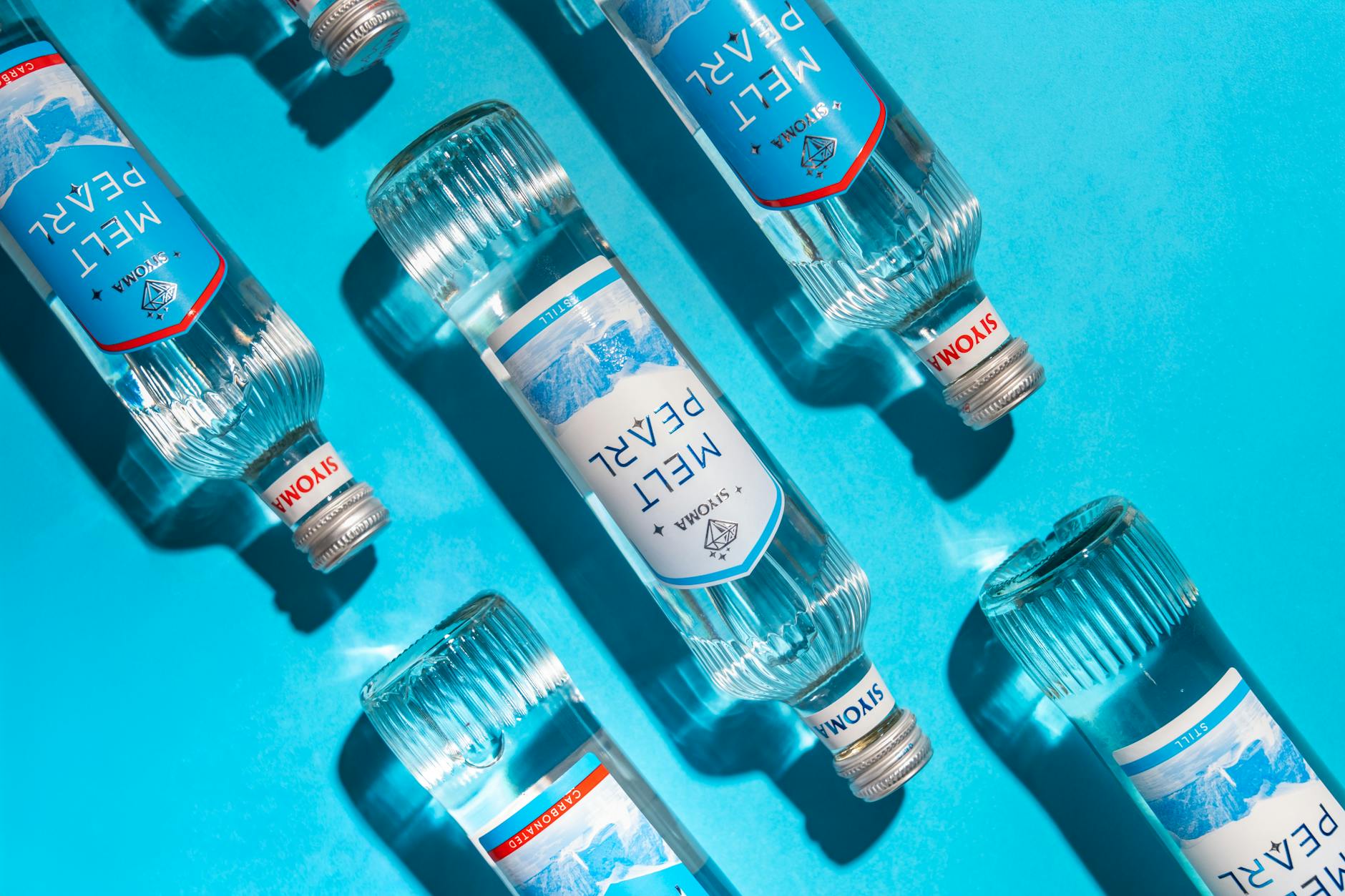
Recommended Water Intake for Creatine Users
Now that we understand the relationship between creatine and hydration, let’s dive into, the specifics of how much water you should drink when taking creatine supplements.
General daily water intake guidelines
The general recommendation for daily water intake is:
- 11.5 cups (2.7 litres) (92 ounces) for adult women.
- 15.5 cups (3.7 litres) (124 ounces) for adult men.
However, these guidelines can vary based on, factors such as climate, activity level, and overall health.
Additional water is needed when supplementing with creatine
When taking creatine, it’s important to increase your water intake. Here’s a simple guideline:
| Creatine Dosage | Additional Water Intake |
|---|---|
| 5g per day. | 16-32 ounces (2-4 cups) (0.47 to 0.95 litres). |
This extra water helps your body properly utilize creatine and maintain optimal hydration levels.
Factors affecting individual hydration requirements
Several factors can influence your personal hydration needs:
- Body weight and composition.
- Climate and temperature.
- Exercise intensity and duration.
- Altitude.
- Diet (high-sodium or high-protein diets may increase water needs).
Signs of adequate hydration
To ensure you’re drinking enough water while taking creatine, look for these signs of proper hydration:
- Clear to light yellow urine.
- Regular urination (every 2-4 hours).
- Moist mouth and lips.
- Elastic skin (quickly bounces back when pinched).
Remember, proper hydration is crucial for maximizing the benefits of creatine supplementation and overall athletic performance. In the next section, we’ll explore how to optimize your creatine supplementation with proper hydration techniques.
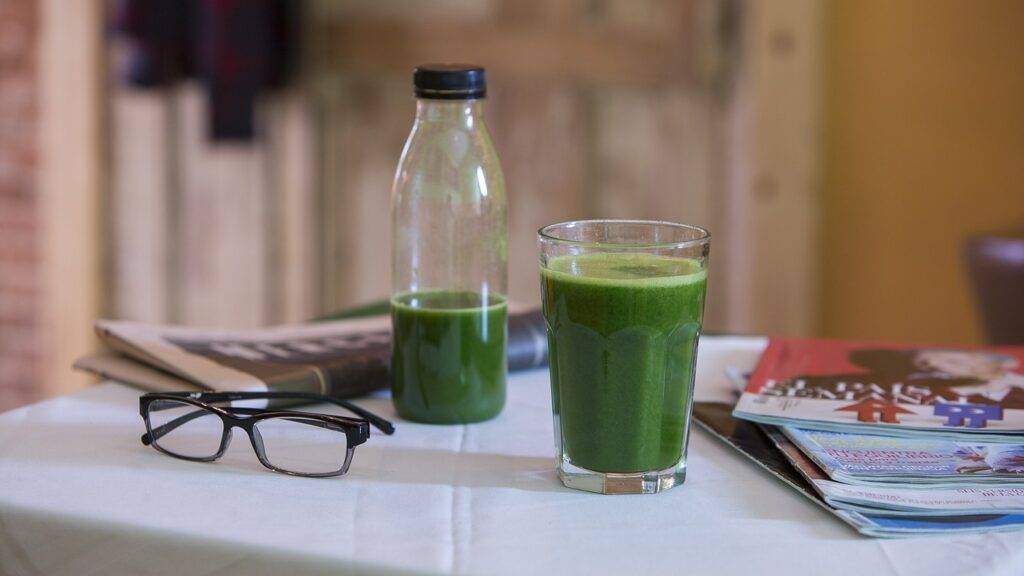
Optimizing Creatine Supplementation with Proper Hydration
Now that we understand the importance of hydration when taking creatine, let’s explore, how to optimize your supplementation routine with proper water intake.
Timing your water intake with creatine consumption
Timing is crucial when it comes to creatine supplementation and hydration. Here’s a quick guide to help you maximize the benefits:
- Pre-workout: Consume creatine with 8-16 ounces of water about 30 minutes before exercise.
- Post-workout: Take creatine with 8-16 ounces of water within 30 minutes after your workout.
- Non-training days: Ingest creatine with 8-16 ounces of water, at any consistent time.
Note: 8- 16 ounces is roughly 0.24 to 0.47 litres or 1 to 2 cups.
| Timing | Water Intake | Creatine Dosage |
|---|---|---|
| Pre-workout | 8-16 ounces | 3-5 grams |
| Post-workout | 8-16 ounces | 3-5 grams |
| Non-training days | 8-16 ounces | 3-5 grams |
Balancing water intake throughout the day
To maintain proper hydration while taking creatine, it’s essential to distribute your water intake evenly throughout the day:
- Start your day with a glass of water.
- Drink water with each meal and snack.
- Carry a reusable water bottle and sip regularly.
- Increase water intake during and after physical activity.
- Aim for a total daily water intake of 0.5-1 ounces ( 1/16 to 1/8 cup, and 0.015 to 0.030 litres) per pound of body weight.
Hydration strategies for different creatine loading phases
Creatine supplementation often involves different phases, each requiring specific hydration strategies:
- Loading phase:
- Duration: 5-7 days.
- Creatine intake: 20-25 grams per day, divided into 4-5 doses.
- Water intake: Increase by 16-32 ounces (2-4 cups) (0.47 to 0.95 litres).
- Maintenance phase:
- Duration: Ongoing.
- Creatine intake: 3-5 grams per day.
- Water intake: Increase by 16-32 ounces (2-4 cups) (0.47 to 0.95 litres).
- Cycling off:
- Duration: 4-6 weeks.
- Creatine intake: None.
- Water intake: Maintain regular hydration levels.
By following, these strategies, you can optimize your creatine supplementation and ensure proper hydration for maximum benefits. Next, we’ll discuss how to monitor your hydration status effectively.
Monitoring Your Hydration Status
Now that we’ve covered the importance of proper hydration when taking creatine, let’s explore how to effectively monitor your hydration status. Staying well-hydrated is crucial for maximizing the benefits of creatine supplementation and maintaining overall health.
Simple methods to track daily water intake
Keeping track of your water intake doesn’t have to be complicated. Here are some easy ways to monitor your hydration:
- Use a marked water bottle.
- Download a hydration tracking app.
- Set reminders on your phone.
- Keep a hydration journal.
| Method | Pros | Cons |
|---|---|---|
| Marked water bottle | Visual reminder, easy to use. | May not be suitable for all situations. |
| Hydration tracking app | Automated, provides insights. | Requires smartphone access. |
| Phone reminders | Regular prompts. | May become annoying. |
| Hydration journal | Detailed tracking. | Time-consuming. |
Using urine color as an indicator of hydration
One of the simplest and most effective ways to assess your hydration status is by observing the color of your urine. Here’s a quick guide:
- Pale yellow to clear: Well-hydrated.
- Dark yellow: Potentially dehydrated.
- Amber or honey-colored: Dehydrated.
- Dark orange or brown: Severely dehydrated.
Remember that certain foods, supplements, and medications can affect urine color, so use this method in conjunction with other hydration indicators.
When to consult a healthcare professional about hydration
While monitoring your hydration status is generally straightforward, there are instances when you should seek professional advice:
- Persistent dark urine despite increased water intake.
- Frequent headaches or dizziness.
- Rapid weight fluctuations.
- Chronic fatigue or muscle cramps.
- Difficulty concentrating or mood changes.
If you experience any of these symptoms or have concerns about your hydration levels while taking creatine, it’s best to consult with a healthcare professional. They can provide personalized advice and ensure you’re staying properly hydrated for optimal creatine supplementation and overall health.
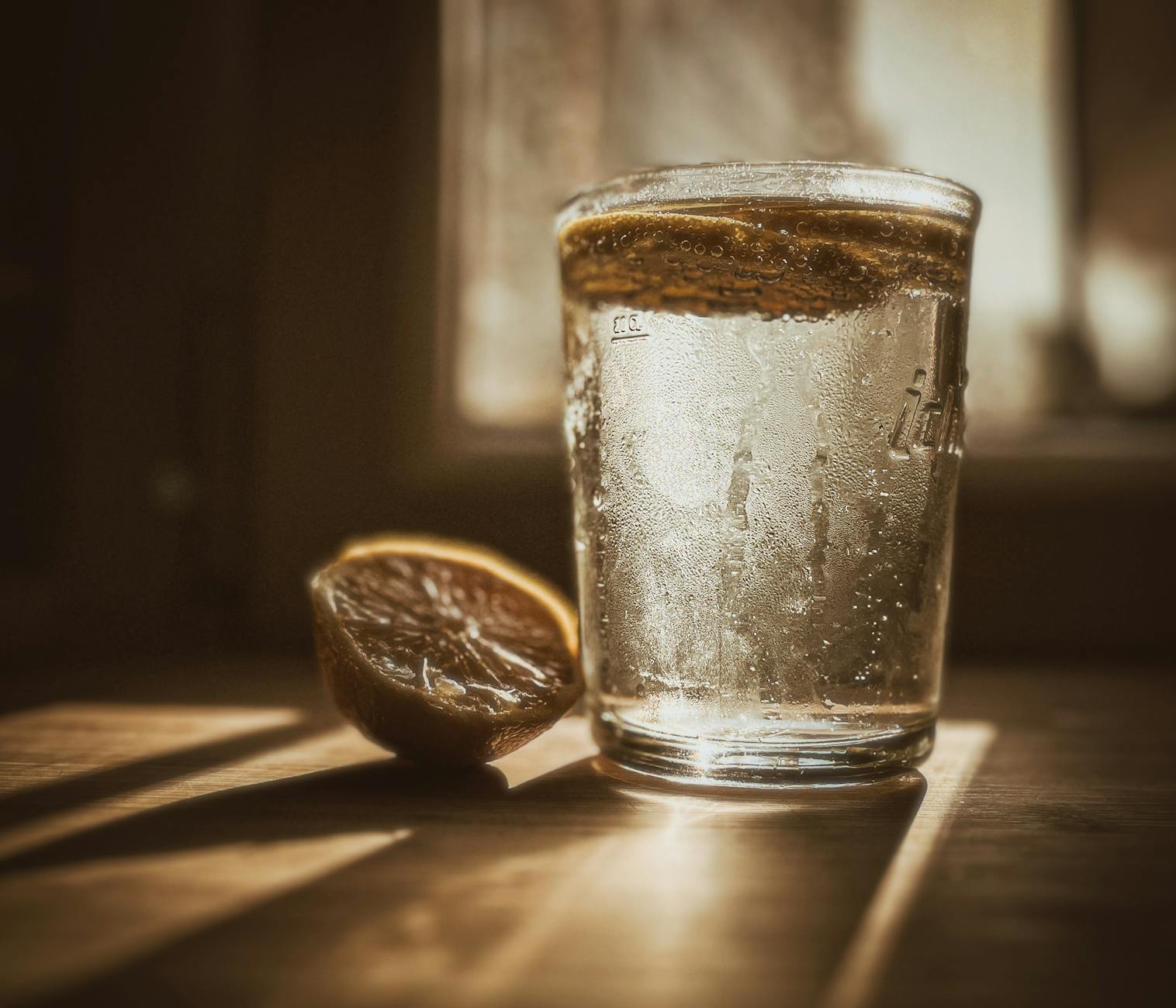
Enhancing Performance with Creatine and Proper Hydration
Benefits of staying well-hydrated while taking creatine
Staying well-hydrated while supplementing with creatine is crucial for maximizing its performance-enhancing effects. Proper hydration helps:
- Improve creatine absorption and retention in muscles.
- Enhance overall exercise performance.
- Reduce the risk of dehydration-related side effects.
Impact on muscle recovery and growth
The combination of creatine supplementation and adequate hydration can significantly impact muscle recovery and growth:
| Benefit | Creatine + Proper Hydration |
|---|---|
| Muscle Recovery | Accelerated repair of muscle tissue. |
| Protein Synthesis | Enhanced muscle-building process. |
| Glycogen Replenishment | Faster energy store restoration. |
| Reduced Muscle Soreness | Decreased post-workout discomfort. |
Avoiding common hydration mistakes during creatine supplementation
To optimize your creatine supplementation and hydration strategy, avoid these common mistakes:
- Underestimating water needs: Increase water intake by at least 16-32 ounces (2-4 cups) (0.47-0.95 litres), per day when taking creatine.
- Relying solely on thirst: Drink water consistently throughout the day, not just when you feel thirsty.
- Neglecting electrolyte balance: Consume electrolyte-rich foods or beverages to maintain proper fluid balance.
- Overhydrating: While staying hydrated is crucial, excessive water intake can lead to electrolyte imbalances.
By maintaining proper hydration while taking creatine, you’ll be better equipped to enhance your performance, support muscle growth, and minimize potential side effects. Next, we’ll summarize the key takeaways from this guide to help you implement an effective creatine and hydration strategy.
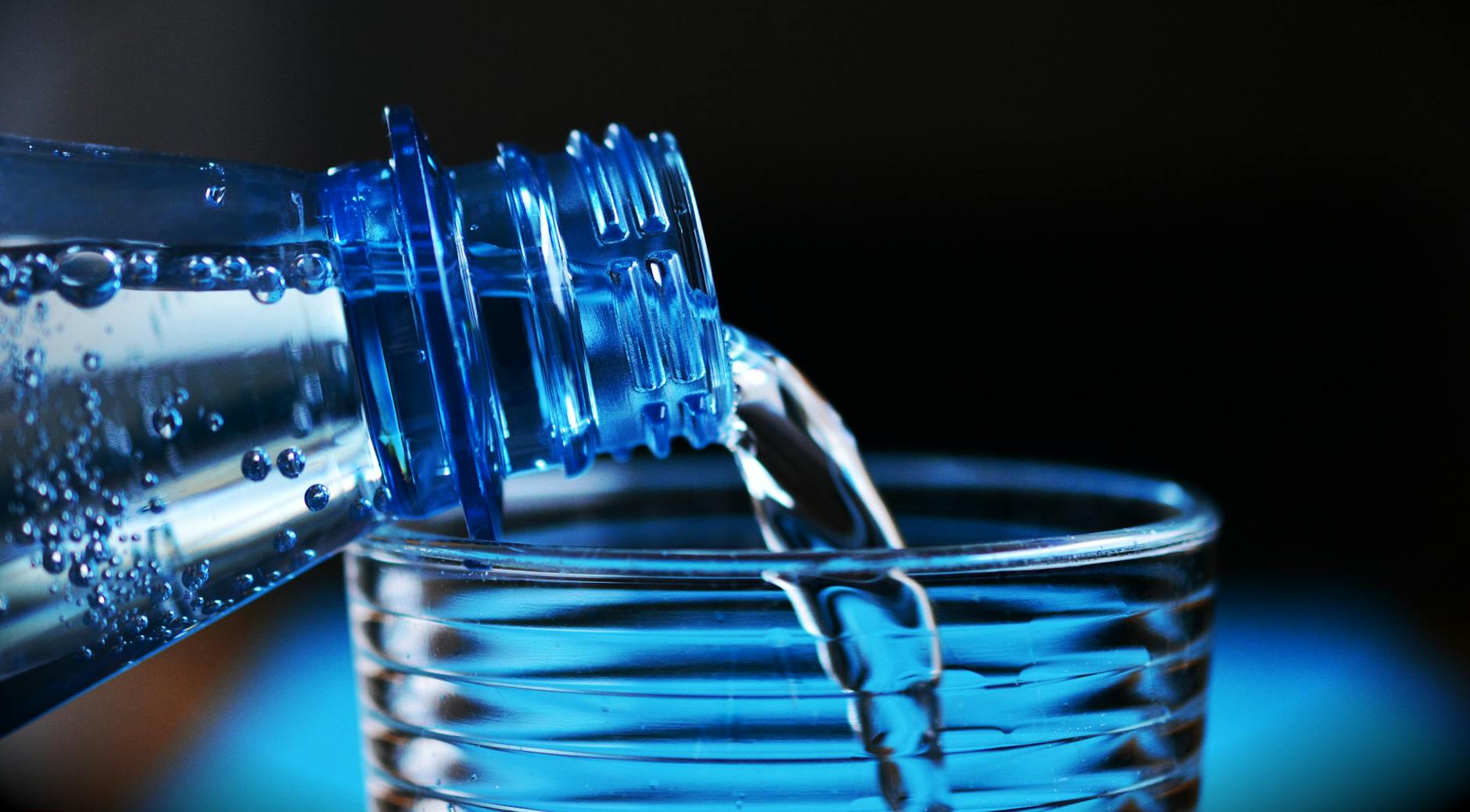
The Bottom Line
Staying properly hydrated is crucial when supplementing with creatine to maximize its benefits and minimize potential side effects. While there’s no one-size-fits-all approach, aiming for at least 3-4 litres of water, per day is a good starting point for most individuals. Remember to listen to your body and adjust your intake based on, factors like activity level, climate, and individual needs.
Ultimately, combining creatine supplementation with adequate hydration can significantly enhance your athletic performance and muscle gains. By prioritizing your water intake, monitoring your hydration status, and maintaining consistency in your creatine regimen, you’ll be well on your way to achieving your fitness goals. Stay hydrated, stay strong, and make the most of your creatine supplementation journey.

Mohammad Nazif Uddin is a Marketing and Supply Chain Management student and fitness enthusiast with over 5 years of bodybuilding experience. As the founder of Muscle Theory, he shares practical insights on fitness supplements to help others make informed choices and achieve their goals safely.

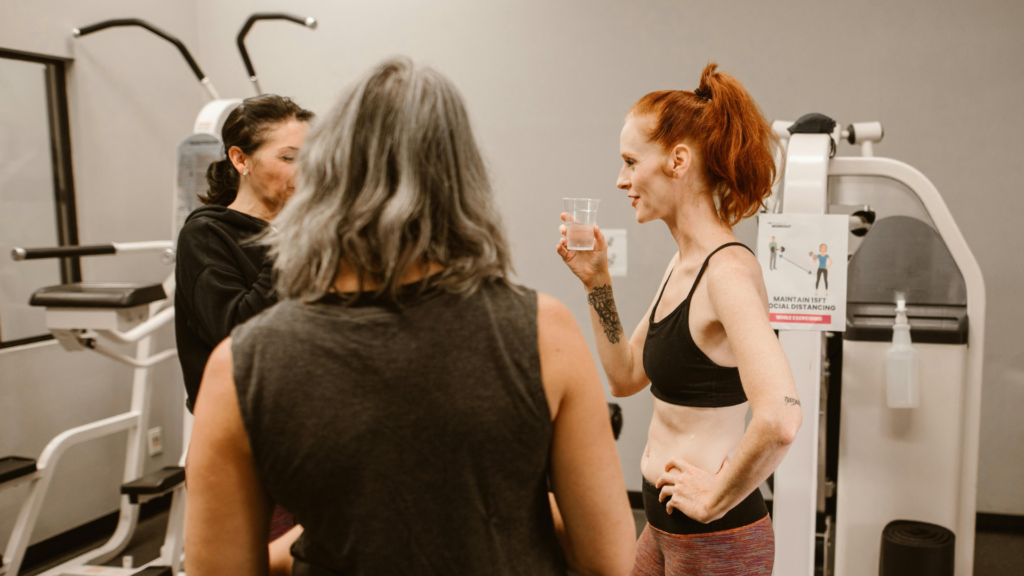
Pingback: Is Creatine Safe for the Kidneys?
Pingback: Does Creatine Cause Nosebleeds? The Truth Behind the Myth
Pingback: Creatine on Empty Stomach: What You Need to Know
Pingback: Can You Mix Creatine with Electrolytes?
Pingback: Do Doctors Recommend Creatine? Here’s What You Need to Know
Pingback: How Much Creatine Is Too Much?
Pingback: Can I Take Creatine and Pre Workout? Fitness Guide